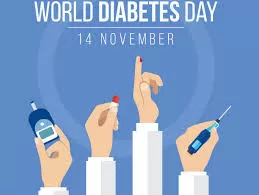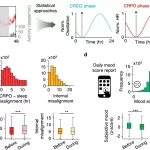For the first time in India’s history, public spending on health has overtaken out-of-pocket expenditure, marking a significant shift in the country’s healthcare landscape. According to the Union Health Ministry’s National Health Account (NHA) estimates for 2020-21 and 2021-22, public health spending now accounts for a greater share of total health expenditure in India, underscoring the government’s commitment to providing accessible healthcare.
Released by NITI Aayog, the report revealed that the share of out-of-pocket expenditure in total health expenditure dropped to 39.4% in 2021-22, down from 64.2% in 2013-14. Concurrently, government health expenditure (GHE) as a percentage of India’s gross domestic product (GDP) surged to 48% in 2021-22, compared to 28.6% in 2013-14.
This historic transition reflects a deliberate increase in public health spending, which aims to reduce the financial burden on families and ensure broader access to healthcare. “This will also ensure financial protection and boost universal health coverage for citizens,” the report highlighted.
Shamika Ravi, Member of the Economic Advisory Council to the Prime Minister, emphasized the importance of this development in a post on X (formerly Twitter), stating, “For the first time in Indian history, public spending on health overtakes out-of-pocket expenditure. This proves PM @narendramodi’s government’s commitment to healthier citizens.” She also noted that per capita government expenditure on healthcare had tripled from ₹1,108 in 2013-14 to ₹3,169 in 2021-22.
The report further revealed that government health spending saw remarkable growth, increasing by 16.6% between 2019-20 and 2020-21, and by an unprecedented 37% between 2020-21 and 2021-22. Overall, total health expenditure increased to 8.7% of GDP in 2021-22, up from 5.7% in 2014-15.
Another key finding was the significant rise in Social Security Expenditure (SSE) on healthcare, which includes government-funded health insurance, medical reimbursement for government employees, and various social health insurance programs. These measures are critical in providing financial protection to citizens, especially in vulnerable sections of society.
This shift in India’s health policy represents a major step forward in its pursuit of universal healthcare, easing the cost burden on families and promoting a healthier population.











